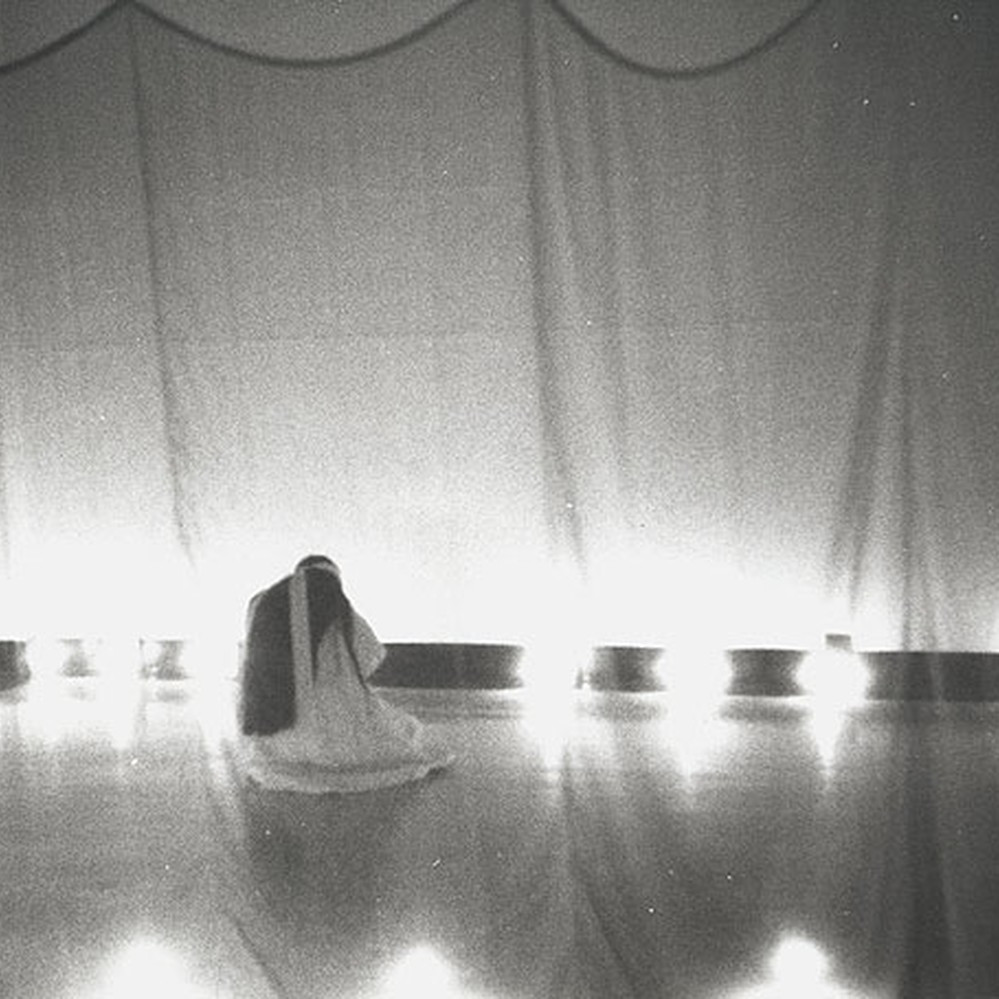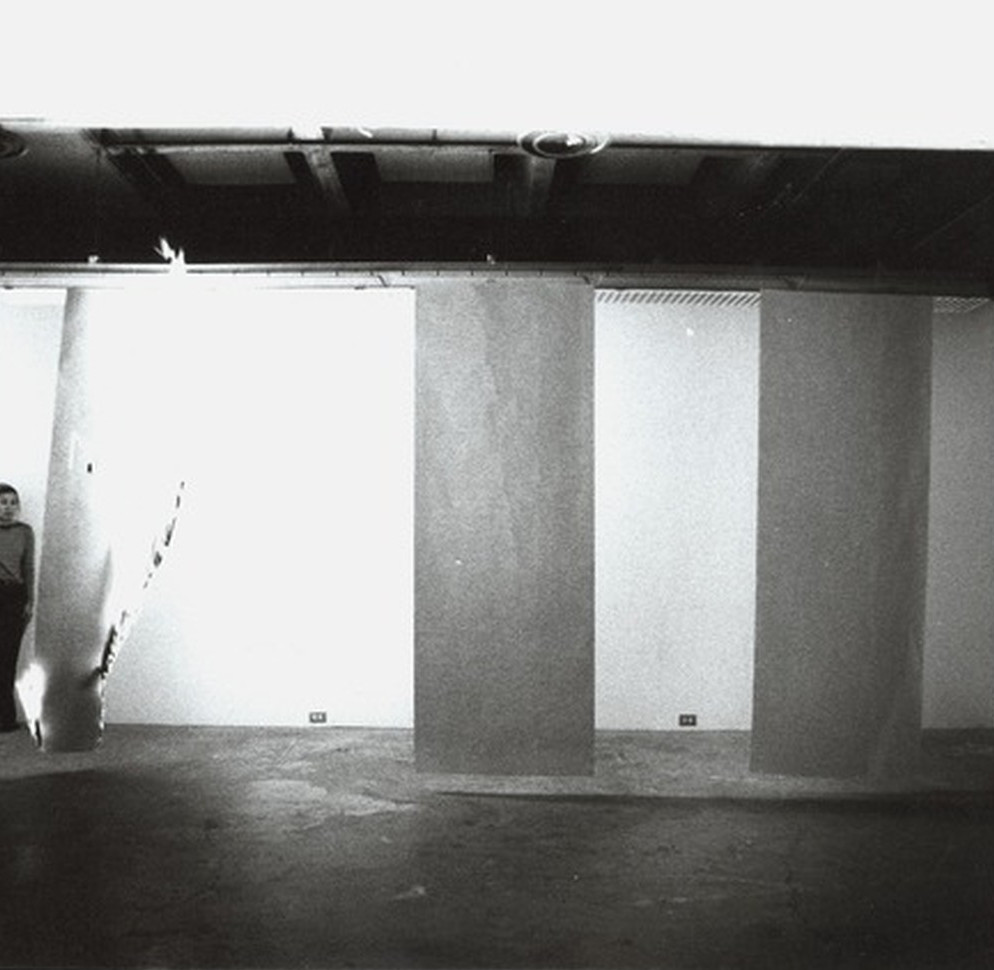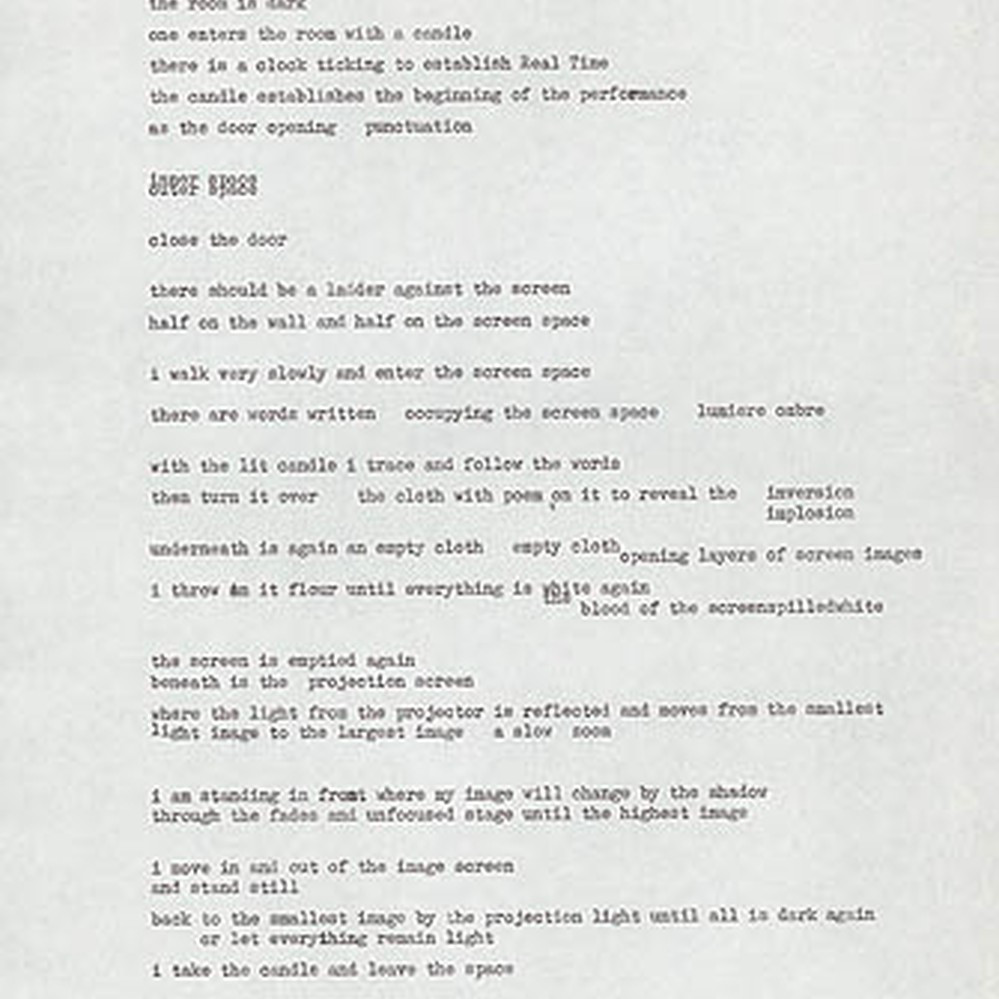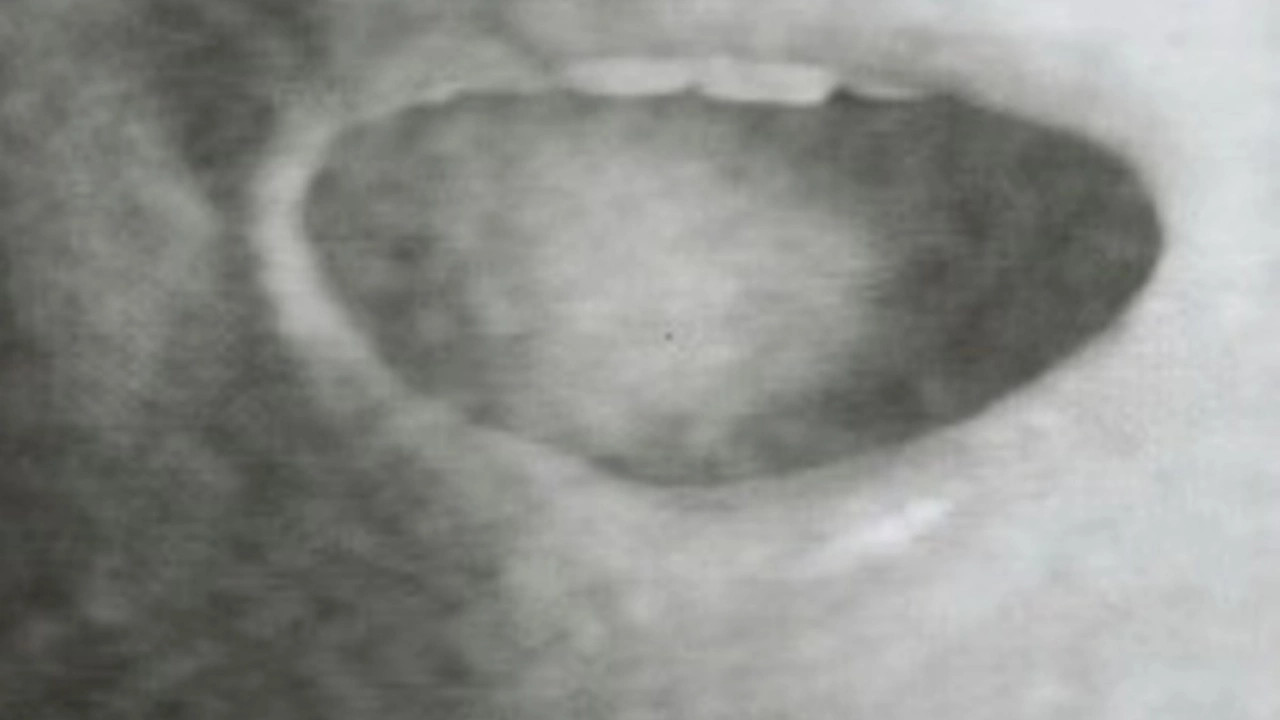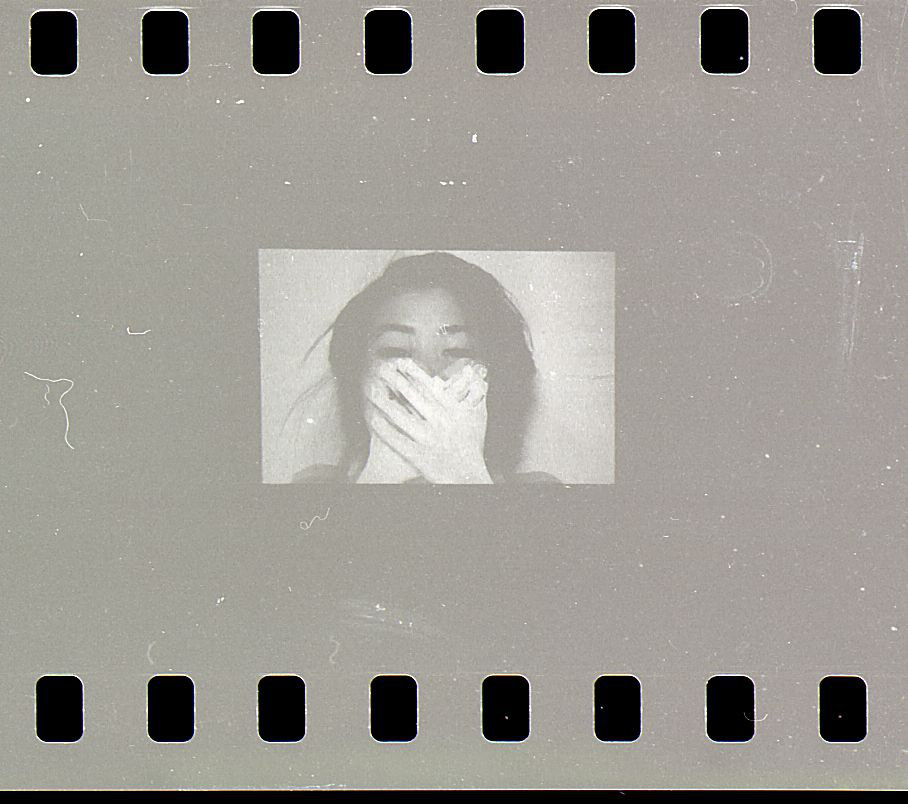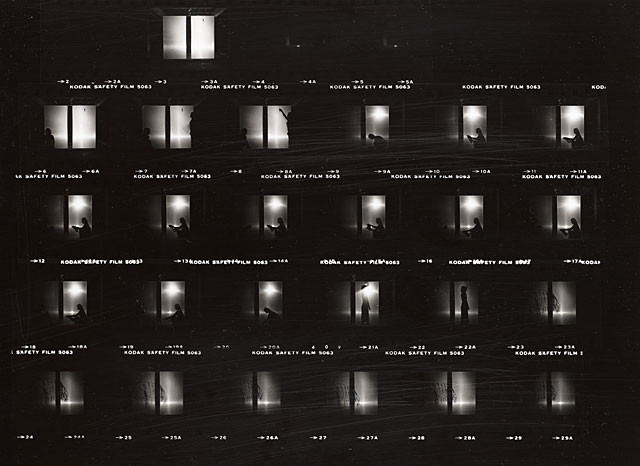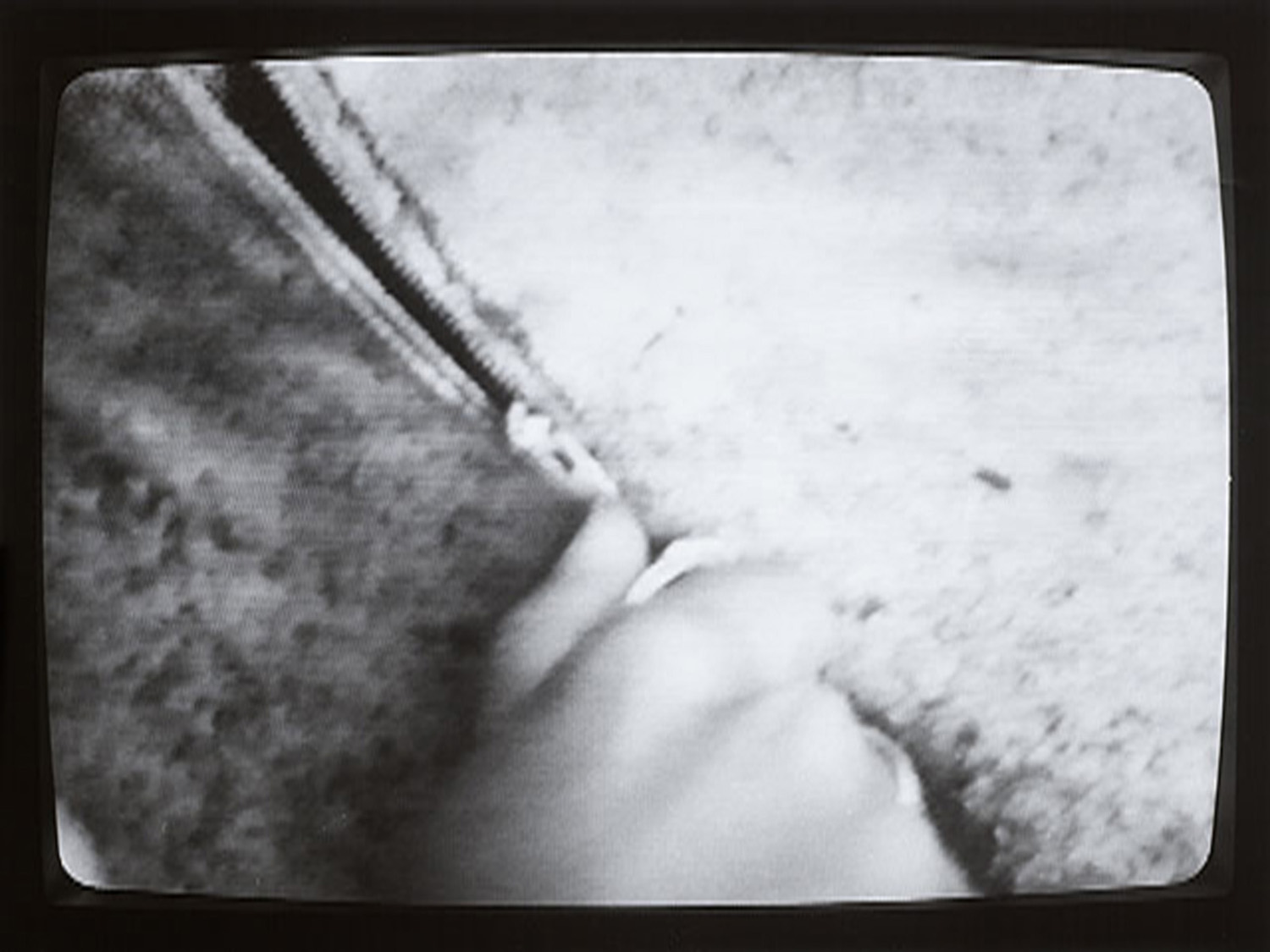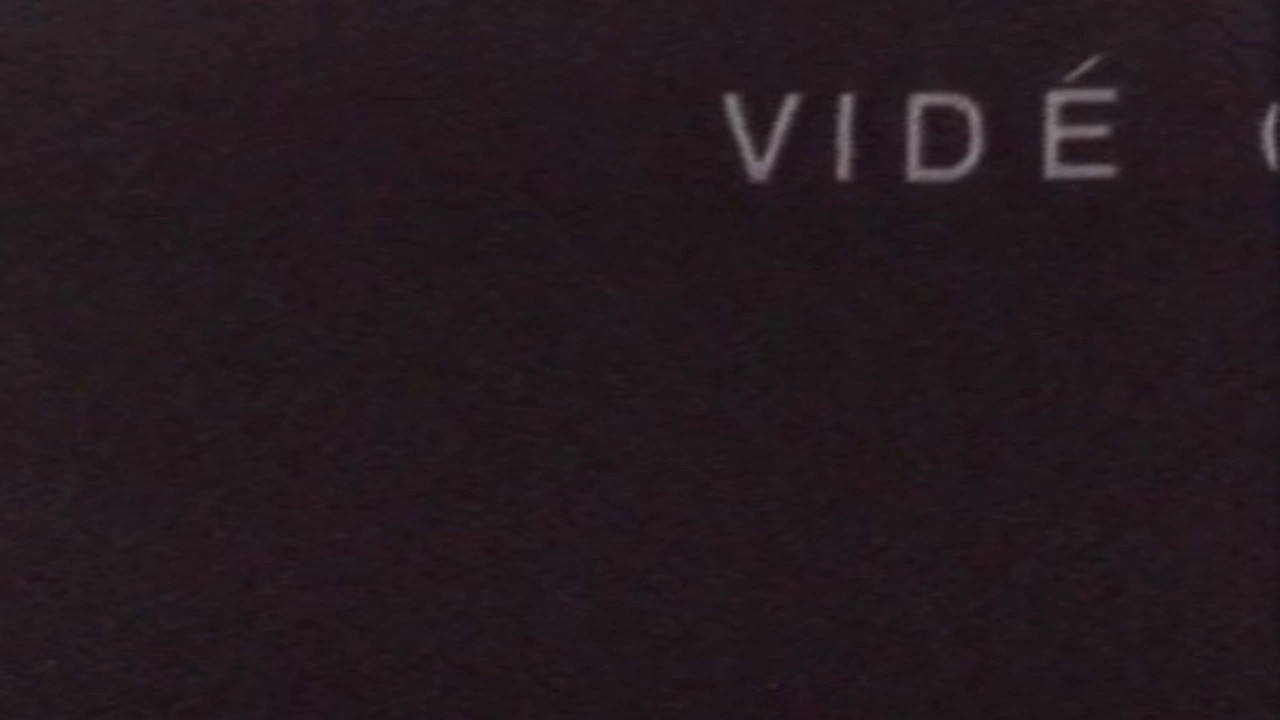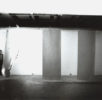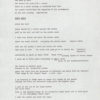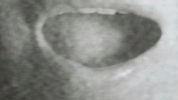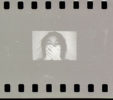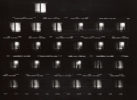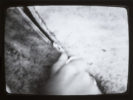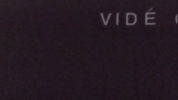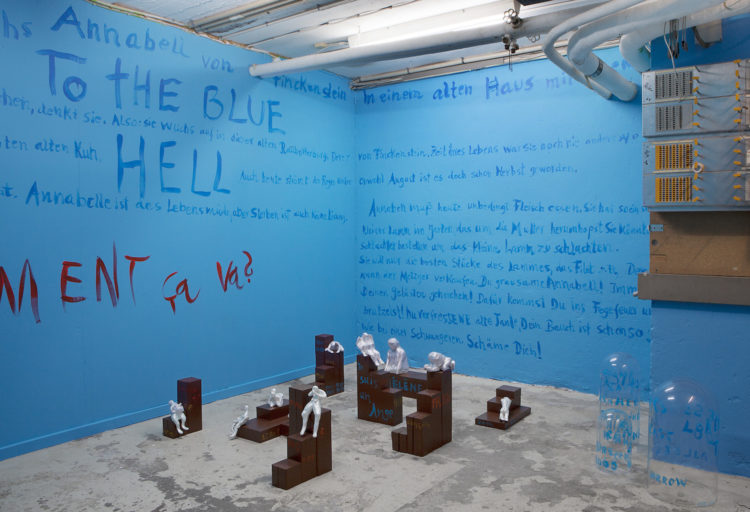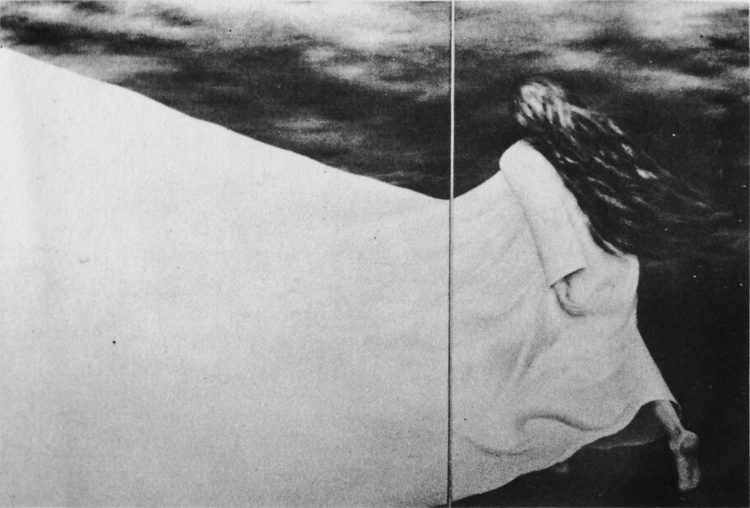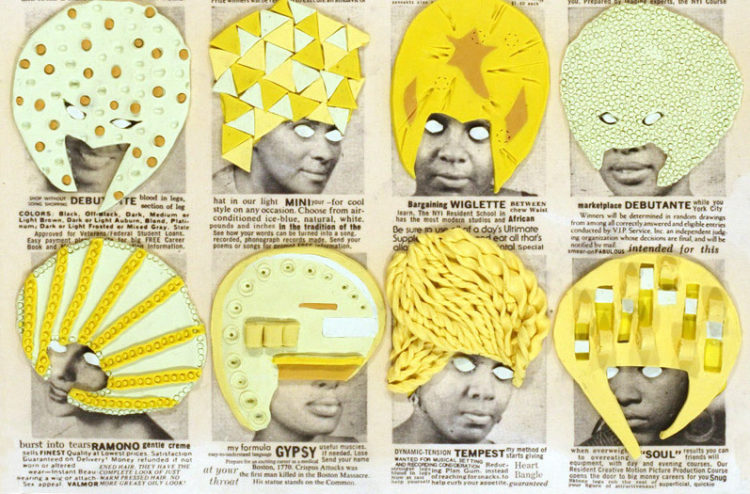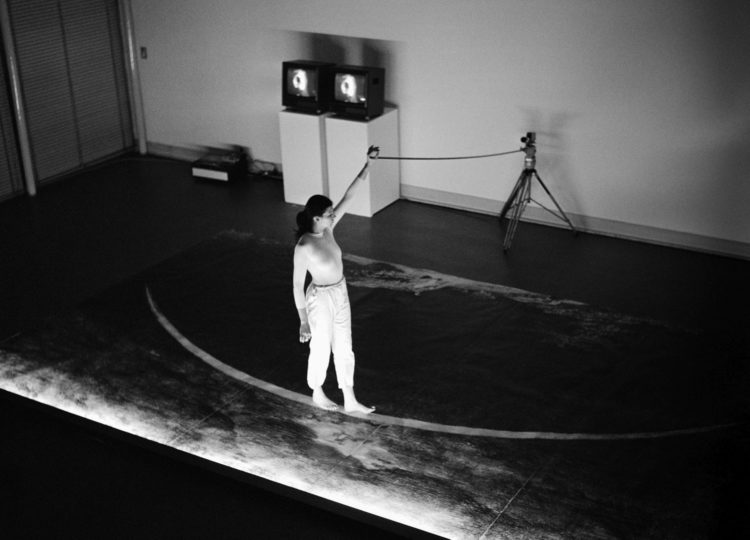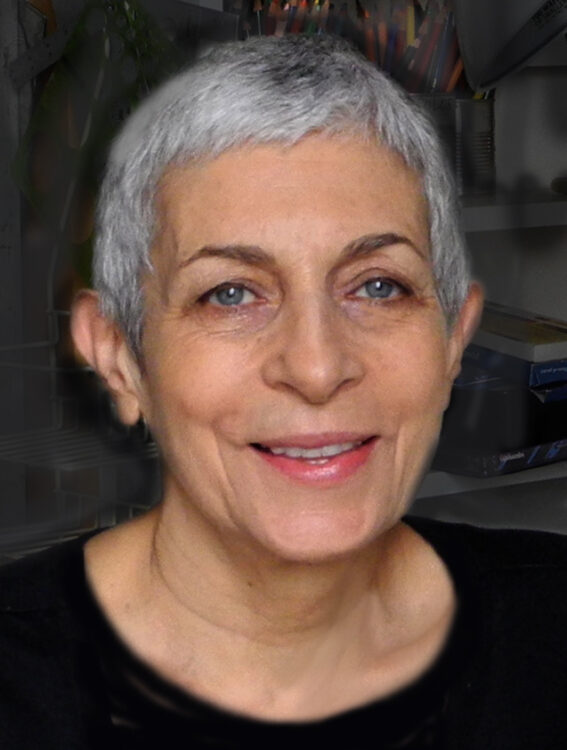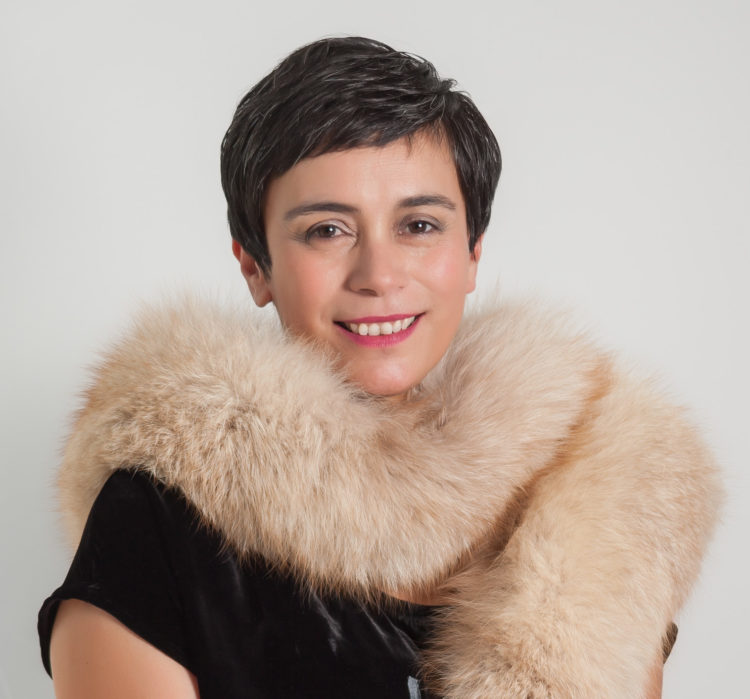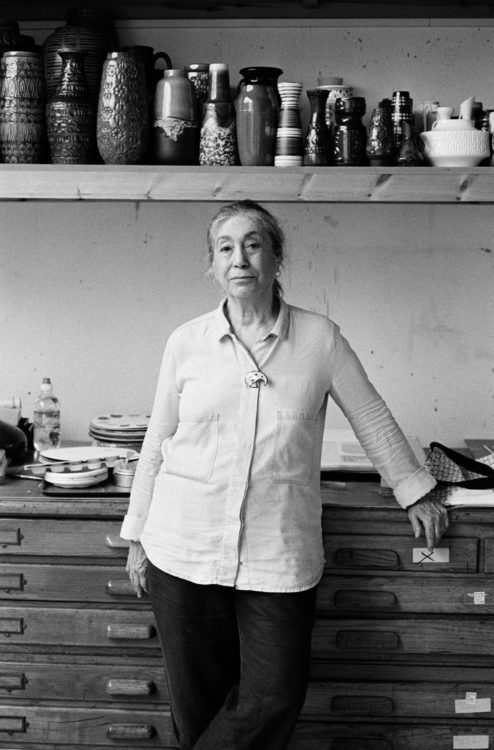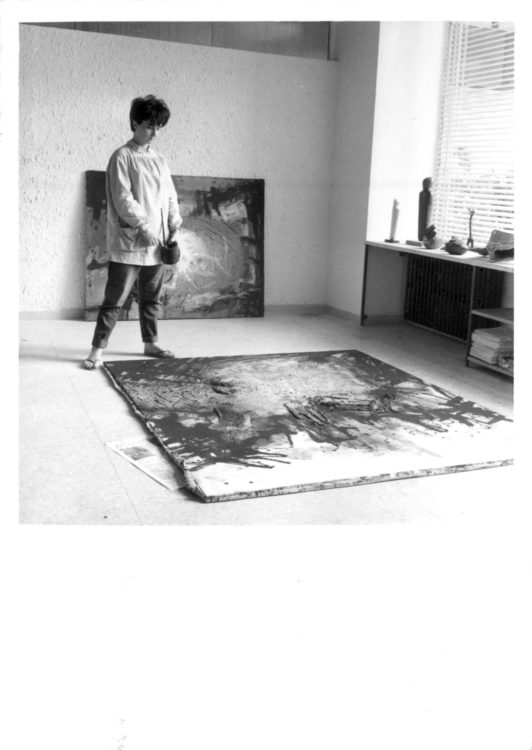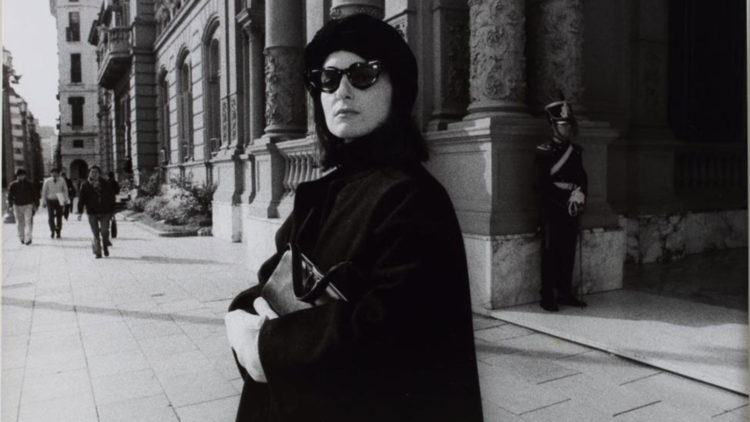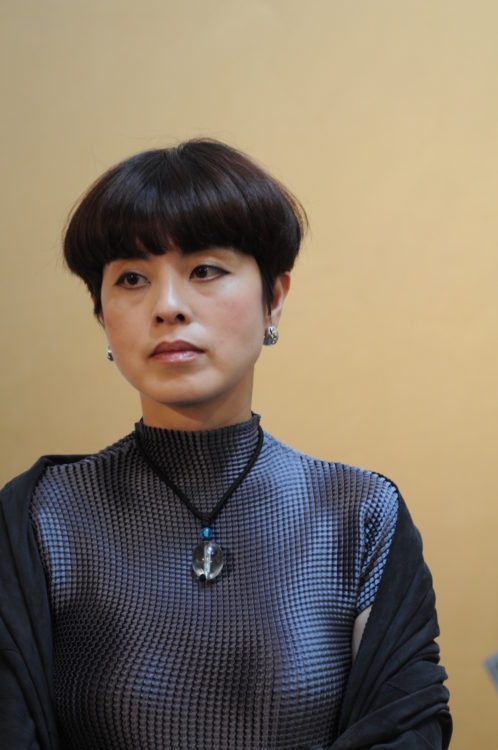Theresa Hak Kyung Cha
Cha, Theresa Hak Kyung, Exilée and Temps Morts, Berkeley, University of California Press, 2022
→Kim, Elaine H., Alarcón Norma (ed.), Writing Self, Writing Nation: A Collection of Essays on Dictée by Theresa Hak Kyung Cha, Berkeley, Third Women Press, 1994
→Cha, Theresa Hak Kyung, Dictée, New York, Tanum Press, 1982
Theresa Hak Kyung Cha: audience distant relative, Hessel Museum of Art, Annandale-on-Hudson, April 2–May 29, 2022
→Theresa Hak Kyung Cha: Displacements, The Cleveland Museum of Art, Cleveland, January 30–April 8, 2018
→The Dream of the Audience: Theresa Hak Kyung Cha (1951–1982), The University of California, Berkeley Art Museum and Pacific Film Archive, Berkeley, September 12–December 16, 2001; University of California, Irvine, University Art Gallery and Beall Center for Art and Technology, January 20–March 10, 2002; The Bronx Museum of the Arts, New York, April 4–June 16, 2002; University of Illinois at Urbana-Champaign, Krannert Art Museum and Kinkead Pavilion, August 20–November 3, 2002; University of Washington, Henry Art Gallery, Seattle, December 6, 2002–March 2, 2003; Samzie Space, Seoul, May 6–June 29, 2003
Korean-American conceptual artist, writer and filmmaker.
Theresa Hak Kyung Cha’s innovative oeuvre blurred distinctions between conceptual art, literature and film. A performance and multimedia artist, T. Cha addressed themes of displacement, language and intercultural identity through an interdisciplinary body of work, tracing feminist genealogies and straddling an array of media, yet always returning to the written word to expose language’s identity-shaping power alongside its intrinsic limitations. T. Cha was a polyglot: she grew up speaking Korean and immigrated to the United States with her family at the age of 12, where she acquired English and began learning French, which she would continue to study at the University of California, Berkeley (1969–1979) and abroad in Paris (1976). T. Cha’s family was forced to uproot repeatedly, fleeing the Japanese occupation of Korea and the Korean War. T. Cha’s mother grew up in Manchuria, and the family later moved back to Korea and finally to the United States, settling in San Francisco.
T. Cha earned four degrees in comparative literature and art while at Berkeley, and became a practicing artist during this time, staging performances such as Barren Cave Mute (1974), in which the three words of the title were written on long pieces of wax paper, slowly revealed as the flame of a candle melted the wax. In an eight-minute black-and-white video work titled Mouth to Mouth (1975), a mouth forms an ‘O’ shape and then closes as English and Korean words appear on the screen, alluding to the beginnings of language acquisition and identity formation.
During T. Cha’s parents’ childhood under Japanese rule, it was forbidden to speak the Korean language, an example of linguistic erasure that she would reflect on in her magnum opus Dictée, published in 1982. Sometimes referred to as an artist’s book, other times as an experimental novel or poetry collection, Dictée defies categorisation, just as T. Cha herself slipped between identities. Radically embracing complexity, Dictée is a lifelong reflection on displacement, migration and language. Written in English and French with Korean and Chinese characters present in accompanying images, it explores these themes through a collage-like combination of historical photographs and text. With nine sections named for each of the Greek muses, Dictée invokes women warrior figures such as Joan of Arc; the early 20th century Korean revolutionary, Yu Gwan-sun; T. Cha’s mother; and herself.
T. Cha relocated to New York City in 1980 and married photographer Richard Barnes (b. 1953) in 1982. When she went to meet Barnes at Manhattan’s Puck Building on 5 November 1982, she was raped and murdered by a security guard. Her life cut short by this violent death, it is only posthumously that T. Cha received recognition for the prolific, poetic work she produced during her tragically abbreviated career. Her formally innovative practice paved the way for the next generation of Asian-American women artists to dare to make nuanced, intellectually demanding and unabashedly conceptual work, and to allow their identities to enrich their practices.
A notice produced as part of the TEAM international academic network: Teaching, E-learning, Agency and Mentoring
© Archives of Women Artists, Research and Exhibitions, 2023



